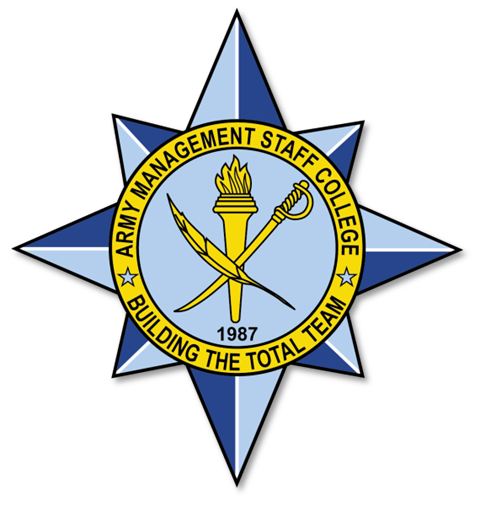
Capitalizing on a leader’s natural predilection to employ a specific leadership approach by correlating Motivational Value Systems (MVSs) to scholarly accepted, psychometrically validated leadership theories, this investigation draws parallel relationships between a leader’s intrinsic impulsions and resulting influence actions. Linking greater motivation and leadership theories, this exploratory, quasi-experimental, quantitative, correlational investigation tests for parallel relationships between a leader’s MVS and subsequent influence approach in order to inform Army Civilian leader identity development. Employing four historically validated leadership measurement instrument extracts, this cross sectional, survey-based research effort leveraged a hybrid three-stage purposive-random sample (n = 328). Significant BLUE MVS to servant leadership (α(85) = .708) and HUB MVS to situational leadership (α(88) = -.529) correlations were observed. Moderate positive GREEN MVS to transactional leadership (α(78) =
.458) and RED MVS to transformational leadership (α(77) = .438) affiliations exist. Variable correlation significance (μα(328) = .533) suggest inherent underlying motivations substantially impact a leader’s influence approach and subsequent behaviors. Results portent strengths based increases in leader development program effectiveness among 241,000 Army Civilian Corps (ACC) members across 491 occupational specialties. Research effort findings offer comprehensive institutional modification opportunity while promising Army Civilian leader advancement
